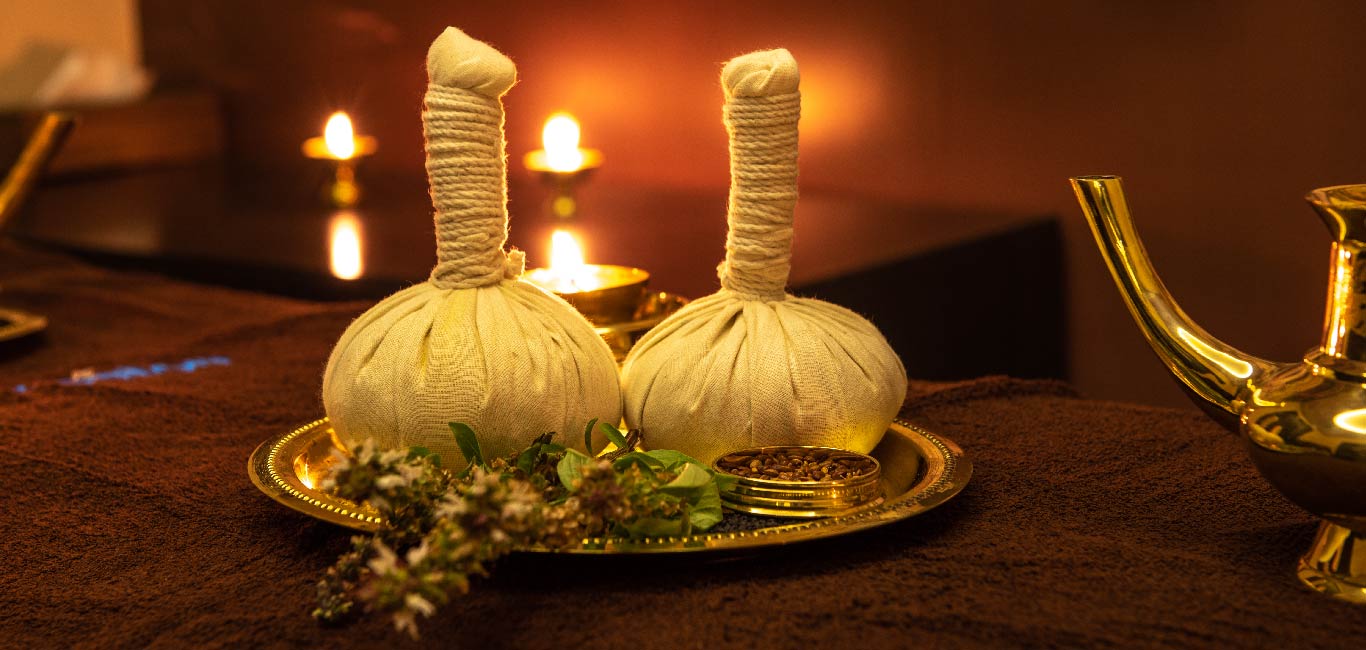
Gyaninder Kumar Sharma (60) from Mohali was diagnosed with rheumatoid arthritis six years ago. He had persistent pain, stiffness, and numbness in his joints with severe swelling. He consulted different physicians and followed their advice faithfully, with unsatisfactory results. His health continued to deteriorate as he sought an effective solution to his health problems.
Sharma then consulted Dr Sharda Ayurveda hospital in Mohali, where he was put on various ayurvedic therapies. Six months later he was able to manage his rheumatoid arthritis symptoms. During the first few months, he received several topical (dry sweat-inducing therapies) and internal (medicated enemas) therapies, followed by a combination of herbal medicines.
Sharma is one of the many people who have experienced an improvement in their symptoms through ayurveda. In our series on arthritis, we bring you ayurveda’s comprehensive approach to managing rheumatoid arthritis.
Understanding rheumatoid arthritis
Rheumatoid arthritis is a chronic autoimmune condition that causes inflammation of the joints and surrounding tissue. As the condition progresses, one might end up with joint deformities too.
This condition is explained as amavata (caused due to the involvement of ‘ama,’ meaning metabolic toxins, and the air element vata) in ayurvedic literature. Dr Mukesh Sharda, an ayurvedic consultant at Dr Sharda Ayurveda hospital, says, “In this condition, the prime culprits are the air element and metabolic toxins.”
Dr Sharda adds that the symptoms of rheumatoid arthritis manifest because of an unhealthy diet, lifestyle, stress and occasionally, hereditary factors. All of these can lead to an accumulation of metabolic toxins, especially in the joints.
Two phases of the condition
The symptoms of amavata progress in two phases. In the presence of metabolic toxins, symptoms show up as digestive disturbances (indigestion, anorexia, feeling of heaviness, lethargy) in addition to pain and stiffness in the joints. In contrast, localised symptoms such as pain and swelling of the affected joints occur in the absence of metabolic toxins.
Role of unhealthy dietary habits
Ayurvedic experts list incompatible dietary habits as a major cause of metabolic disturbances that lead to the development of chronic health conditions such as indigestion, hyperacidity, chronic constipation, malnutrition, obesity, joint pain, and irregular menstrual cycles. Several studies have substantiated this idea.
One such study at the National Ayurvedic Institute (NIA) in Jaipur, Rajasthan found that incompatible foods such as fish with milk, dairy products with sour fruits as well as wrong dietary habits such as untimely eating and overeating were the main causes of skin conditions, rheumatoid arthritis, gastroesophageal reflux disease, anemia, gout, and irritable bowel syndrome. The study included 416 participants who were a part of NIA’s outpatient department.
Read more about food combinations here.
What makes it different from osteoarthritis and gout
“Based on the kind or the presentation of pain and other symptoms, we differentiate rheumatoid arthritis from osteoarthritis and gout,” says Dr Sunil Kumar, a professor from NIA, Jaipur. “The joint pain experienced is compared with that of a scorpion bite,” continues Dr Kumar.
Read more about different types of arthritis in ayurveda here.
Stage-wise approach in managing the condition
“As the condition is presented in two states, the management plan is based on whether the metabolic toxins are present or not,” says Dr Kumar.
In some severe cases with disrupted metabolism and chronic toxicity, even medicines go undigested, says Dr Shanmugha Lekhya, an independent ayurvedic consultant from Bengaluru. Improving digestion with appetisers and digestant herbs such as ginger is the first step if digestion is disturbed. However, if digestion is regular, ayurvedic physicians start external and internal therapies based on the extent of symptoms.
As a follow-up to the therapies, herbal medicines are also advised to ensure long-term care in relieving chronic symptoms.
Read more about how ayurvedic experts manage pain here.
Enema and topical therapies
Unlike other joint disorders, rheumatoid arthritis does not require oil massages or oil-well therapy. As per ayurvedic experts, if one has rheumatoid arthritis, the pain aggravates with oil massages or oil applications. Instead, dry steam therapies or sweat inducing therapies such as decoction dripping therapy (kashaya seka), sand pouch therapy (valuka sweda) and hot poultice therapies are done.
- Medicated enema has been found to be beneficial. In a series of four cases published by doctors of R.A.Podar Ayurved Medical College, Mumbai, Maharashtra, a combination of various kinds of enema proved to be effective for rheumatoid arthritis.
- Another small-scale study involving 30 participants compared the efficacy of therapeutic purgation with medicated enema. The results showed that enema was more effective.
- However, in many cases administrating the right combination of herbal medicines relieves the symptoms. In a 2022 case study, the All India Institute of Ayurveda, New Delhi, demonstrated that a combination of herbal medicines decreased the overall symptoms in a 43-year-old participant.
- In a 2020 study it was found that leech therapy too relieved pain, especially in acute conditions.
Diet and other recommendations
Ayurvedic experts say that diet and lifestyle correction play a significant role in managing rheumatoid arthritis. Here is what they recommend.
- Include cereals such as old rice, barley, and pulses such as Bengal gram, horse gram and millets.
- Incorporate vegetables such as moringa, ginger, garlic, bitter gourd, ridge gourd and radish.
- Drink boiled water and hot infusions prepared using digestant herbs such as ginger and cumin seeds.
- Avoid heavy and processed foods, overeating, incompatible foods (such as the combination of milk and fish), curd (especially at night), fish, black gram.
- Avoid suppression of natural urges (urination, defecation, hunger, thirst, sneezing, coughing etc).
- Do not overexert and over-exercise.
Read more about diets to keep rheumatoid arthritis at bay here.

















